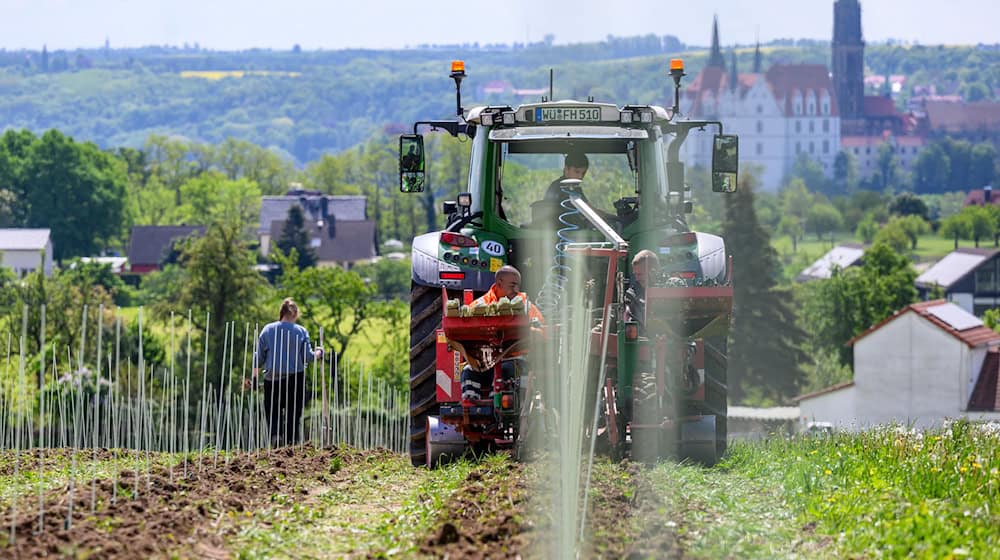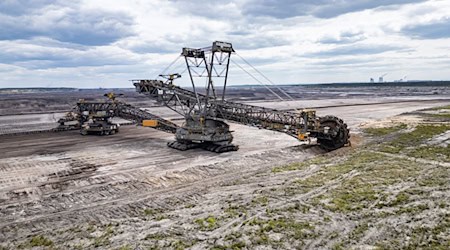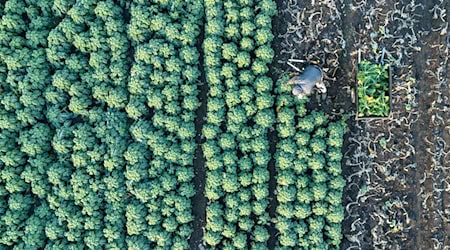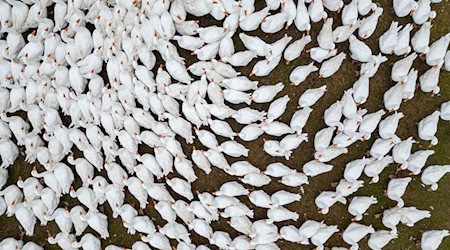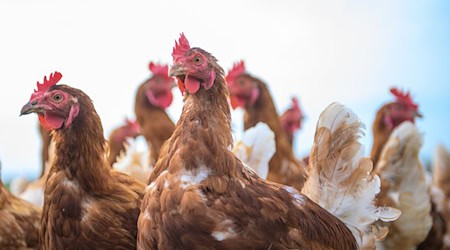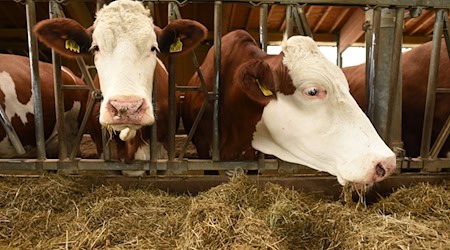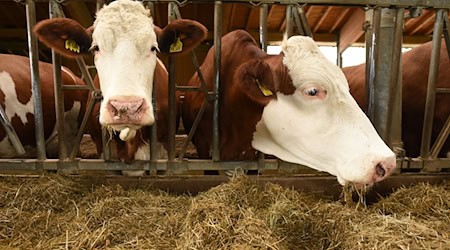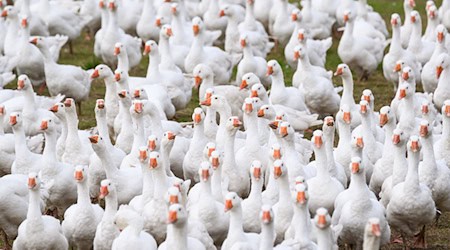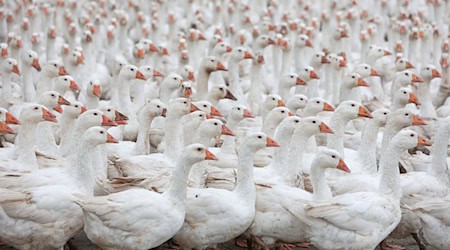Saxony's largest private winery, Schloss Proschwitz Prinz zur Lippe near Meissen, is relying on natural means and high-tech in viticulture in the changing climate. "Another year of drought is on the horizon, and soil and water management in the vineyard must be adjusted accordingly," said operations manager Björn Probst. The same applies to plant protection, as global warming is bringing new pests with it. And technical innovations such as drones and smart farming forecasting models ensure precise and comprehensive vineyard monitoring.
According to Probst, in addition to the proactive biological strengthening of plants, fewer and fewer "classic" organic plant protection products can be used. When planting new vines, careful consideration must be given to whether to use classic or new varieties that are resistant enough to cope with the current conditions.
Small biotopes and natural reinforcement for vines
In Proschwitz, "small biotopes" are being created with targeted deep loosening of the soil and the sowing of multi-layered vegetation. They increase its water storage capacity and minimize the risk of erosion in the vineyard. "By planting in the vegetation, the vine is exposed to moderate competition and produces stronger root growth," explained Probst.
Thanks to the new generation of fungus-resistant vines (PIWI), the "organic" pesticides copper and sulphur can be significantly reduced, while plant strengthening agents such as field horsetail, valerian flowers, algae or garlic extract and sheaf also help to strengthen the vines. "This holistic approach is unique in Germany," said Probst. The aim is to completely eliminate the use of copper in optimal years.
In addition to weather stations with sensor technology for measuring leaf moisture, which provide accurate forecasts for plant protection, drones are increasingly being used alongside recycling sprays. In cooperation with the University of Leipzig, the Proschwitz winegrowers are testing the application of biological pesticides by drone - in Saxony's oldest terraced vineyard in Seußlitz.
Smaller businesses with ideas for new conditions
Smaller businesses are also dealing with the changing conditions, said Felix Hößelbarth, chairman of the winegrowers' association. Saxony has one of the highest proportions of new grape varieties. "Everyone is thinking about how viticulture can continue in the future." There are various approaches, for example to counter drought, such as with advanced irrigation systems from organic farming. But there is no innovative solution against late frosts. "Everyone does what they hope will be successful."
Saxon winegrowers lost around 80 percent of their usual yield in 2024 due to late frosts after early budding. The Proschwitzers ended up with less than a quarter of a normal harvest and the Burgundy grapes were the hardest hit, as Probst reported. They used the rest of these grapes to make a special edition in cooperation with a friendly winery in Baden: "The Ice Saints".
Copyright 2025, dpa (www.dpa.de). All rights reserved

